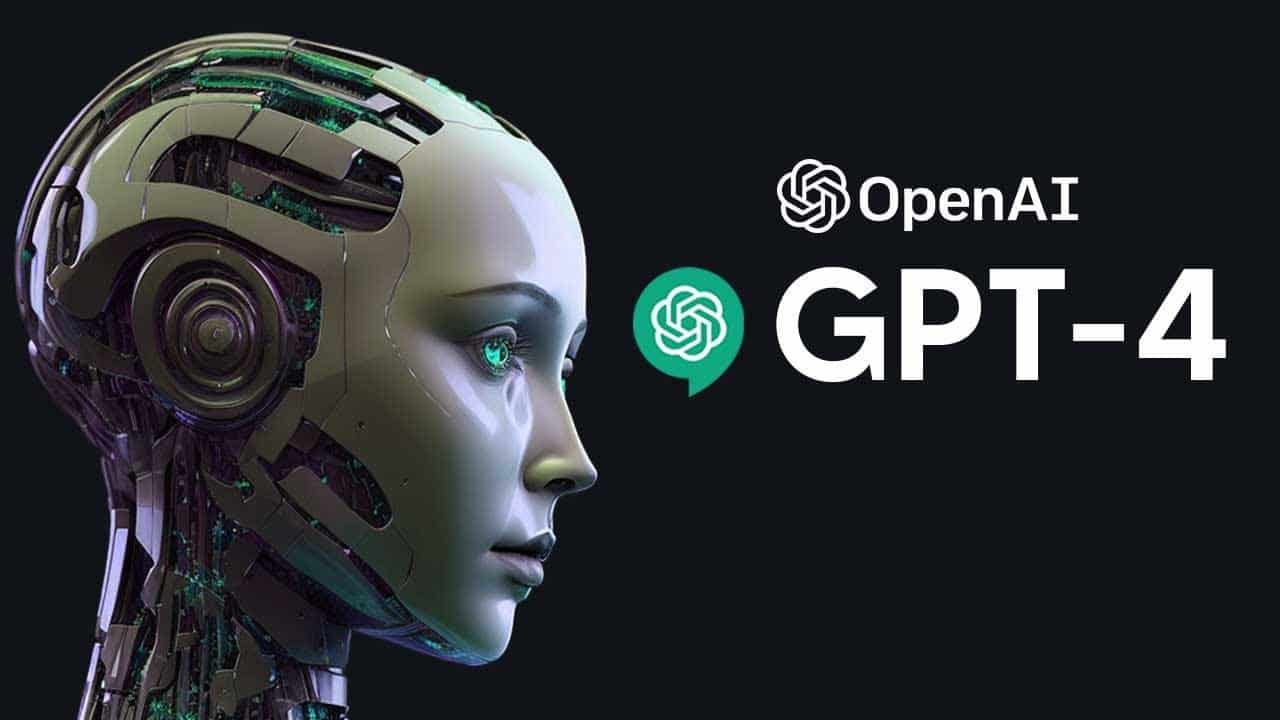 |
| Germany |
Welcome to Technology Games, the ultimate destination for gaming enthusiasts and tech-savvy individuals. Our website is designed to provide you with the latest news, reviews, and insights about the gaming industry, as well as cutting-edge technology. At Technology Games, we understand that technology and gaming go hand in hand. That's why we bring you the best of both worlds in one convenient location. We also feature a wide range of articles and that explore the fascinating world of technology.
 |
| Germany |
 |
| AI Revolution |
Artificial intelligence (AI) has rapidly evolved into a game-changer for businesses worldwide. Companies are looking for ways to implement AI to optimize processes, increase productivity, and reduce costs. Germany has emerged as a hub for AI development and is attracting skilled professionals from all over the world.
The German government has also recognized the importance of AI and is investing heavily in research and development in this area. In 2018, the government announced its AI strategy, which includes a commitment to investing €3 billion in AI research and development by 2025. This investment is expected to create new opportunities for businesses and professionals in the field.
One of the reasons for Germany's success in AI is its strong focus on research and development. The country has some of the world's leading research institutes and universities that are at the forefront of AI innovation. For example, the Max Planck Institute for Intelligent Systems in Tübingen is a leading center for research in areas such as machine learning, robotics, and computer vision. Similarly, the Technical University of Munich has an excellent reputation for research in AI and offers a range of courses on the subject.
In addition to these research institutions, the German government has also recognized the importance of AI and is investing heavily in research and development in this area. In 2018, the government announced its AI strategy, which includes a commitment to investing €3 billion in AI research and development by 2025. This investment is expected to create new opportunities for businesses and professionals in the field.
German companies are leading the way in implementing AI technologies in various sectors. For example, the automotive industry is using AI to improve safety and develop self-driving cars. Companies such as BMW, Audi, and Mercedes-Benz are investing heavily in AI to make their vehicles smarter and more efficient. In fact, BMW has set up a new AI research center in Munich, focused on developing self-driving cars.German companies have become frontrunners in developing and implementing AI technologies. With the advancements in technology, businesses are looking for ways to leverage the power of AI to optimize processes, increase productivity, and reduce costs. Germany has emerged as a hub for AI development and is attracting skilled professionals from all over the world.
 |
| Automotive industry |
AI (Artificial Intelligence) is playing an increasingly important role in the automotive industry in Germany, with applications ranging from production to autonomous driving. Here are some examples of how AI is being used in the automotive industry in Germany:
1- Autonomous driving: AI is critical for enabling autonomous driving, with many German automakers investing heavily in this technology. For example, Audi has developed an AI-powered driver assistance system called Traffic Jam Pilot, which can take over driving in certain situations.
2- Predictive maintenance: AI can be used to predict when vehicles are likely to fail, enabling proactive maintenance to prevent breakdowns and reduce downtime. For example, Mercedes-Benz uses AI to analyze data from sensors and cameras to predict when parts of a vehicle will need servicing.
3- Quality control: AI can be used to identify defects in vehicles and improve quality control. For example, BMW uses AI-powered quality control systems to analyze images of cars and identify defects that might otherwise go unnoticed.
4- Production optimization: AI can be used to optimize production processes, such as scheduling and resource allocation, to improve efficiency and reduce costs. For example, Volkswagen uses AI to optimize its production lines for its vehicles, resulting in a 30% increase in productivity.
5-Natural language processing: AI can be used to enable natural language communication between drivers and vehicles. For example, the German company BMW has developed an AI-powered voice assistant for its vehicles, allowing drivers to control various functions with voice commands.
In addition to these applications, there are also several initiatives underway in Germany to promote the development and use of AI in the automotive industry. For example, the German government has launched the "Automotive Platform for Intelligent Mobility" initiative, which aims to promote the development of autonomous driving and other advanced technologies in the automotive industry.
Overall, AI is expected to continue to play an important role in the automotive industry in Germany, enabling new levels of efficiency, safety, and convenience. However, it is important to ensure that AI-powered systems are developed and deployed in a way that is safe, reliable, and ethical.
 |
| healthcare sector |
In the healthcare sector, AI is being used to improve patient outcomes and streamline processes. German company Ada Health has developed an AI-powered symptom checker that uses natural language processing to provide personalized healthcare recommendations to users. Similarly, German healthcare technology company, Motognosis, has developed an AI-powered tool that analyzes movement patterns to identify early signs of neurological disorders.
AI (Artificial Intelligence) is increasingly being adopted in the healthcare sector in Germany, with the aim of improving patient outcomes, reducing costs, and increasing efficiency. Here are some examples of how AI is being used in healthcare in Germany:
1- Medical imaging: AI algorithms can analyze medical images such as X-rays, CT scans, and MRIs to assist radiologists in making diagnoses. For example, the German company CureMetrix has developed an AI-powered tool called cmAssist that helps radiologists identify potential breast cancer cases from mammograms.
2- Diagnostics: AI can be used to support diagnosis and treatment decisions. For example, IBM Watson Health has partnered with German cancer research center DKFZ to develop an AI-powered diagnostic system that can analyze patient data, including genetic information and medical records, to recommend personalized treatment plans.
3- Drug discovery: AI can help identify potential drug candidates by analyzing vast amounts of data on molecules and their interactions. For example, the German company Insilico Medicine has developed an AI-powered platform that uses deep learning algorithms to analyze biological data and identify new drug targets.
4- Remote monitoring: AI-powered monitoring systems can help patients manage chronic conditions remotely. For example, the German company Vivira Health has developed an AI-powered digital platform that enables remote monitoring of patients with chronic pain.
5- Predictive analytics: AI can be used to predict patient outcomes and identify potential risks. For example, German healthcare software company Statistance has developed an AI-powered tool that predicts the likelihood of patients developing pressure ulcers.
In addition to these applications, there are also several initiatives underway in Germany to promote the development and use of AI in healthcare. For example, the German government has established the National Health Portal, which aims to provide patients with access to reliable health information and digital health services. The German Medical Association has also issued guidelines for the ethical use of AI in healthcare, highlighting the need to ensure transparency and accountability in AI-powered systems.
Overall, AI is expected to play an increasingly important role in the healthcare sector in Germany, enabling new levels of precision, efficiency, and personalization. However, it is important to ensure that AI-powered systems are developed and deployed ethically and in accordance with patient privacy and data protection laws.
 |
| Manufacturing Industry |
 |
| Professionals with AI skills |
 |
 |
Virtual Assistants
|
Germany Which technologies are in demand in Germany? 1- Cloud Computing 2- Cybersecurity 3- Art...
